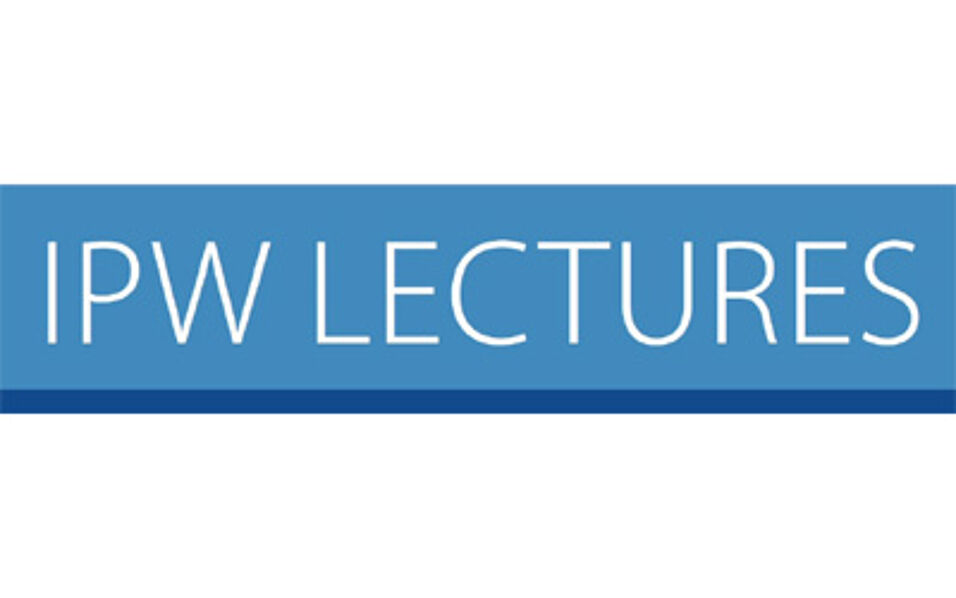Invitation to the IPW Lecture Constructing Failure: A Tool for Participation by the Subjects of Health Research?
Lecturer: Mark Flear (Queen's University Belfast)
Moderation: Katharina Paul & Barbara Prainsack (IPW | Univesity of Vienna)
When: Wednesday, 20. November 2019, 17:30 Uhr
Where: Konferenzraum IPW, NIG, 2nd floor, Universitätsstr. 7, 1010 Vienna
Abstract:
Here, I argue that the process of constructing failure can be used by the subjects of actual or potential failure as a tool to demand and contest decision-making. I do so by referencing examples drawn from health research. I aim to illuminate how the construction of failure occurs within a risk-based framing, underpinned by bioethics and scientific-technical knowledge. I explain that this framing marginalises the embodied and experiential knowledges – key aspects of the social – that the subjects could contribute towards decision-making. By bringing together and synthesising insights from critical theory, law, bioethics, regulatory studies, anthropology and science and technology studies, I provide a new perspective on failure. From this viewpoint I show how the epistemic lacunae and blindspots in the process of constructing failure create space for participation in regulation by the actual or potential subjects of failure. Such participation holds out the promise of widening the knowledge base for decision-making, and from there responsibilities and accountabilities, so as to improve the efficacy and legitimacy of the health research enterprise.
An event within the IPW Lectures, an international lecture series of the Department for Political Science, University of Vienna.The lecture is organised by the Centre for the Study of Contemporary Solidarity (CeSCoS).

